A Tale of Two Cohibas
When cigar lovers hear the name “Cohiba,” they envision prestige, luxury, and a deep heritage. But behind the famous name lies one of the most controversial and longest-running trademark disputes in the premium cigar world. One Cohiba is the pride of Cuba, crafted for Fidel Castro and rolled in Havana. The other is an American-made version sold under trademark protection by General Cigar Company in the United States.
This article explores the history, legal battles, and branding war between these two Cohiba powerhouses — and why the name means so much to both sides.
What Is the Cuban Cohiba Cigar?
The Cuban Cohiba brand was created in 1966 for Fidel Castro’s personal use and was officially released to the public in 1982. It is produced exclusively by Cubatabaco (and later Habanos S.A.), using select Vuelta Abajo tobacco and a unique third fermentation process.
Key Facts:
- Origin: Havana, Cuba
- Factory: El Laguito
- Flagship Lines: Línea Clásica, Línea 1492 (Siglo series), Maduro 5, Behike (BHK)
- Notable Tasting Notes: Cedar, cream, cocoa, honey, spice
- Global Availability: Sold internationally, but banned in the U.S.
Cohiba is Cuba’s most prestigious cigar line, often considered the ultimate expression of Cuban cigar-making.
What Is the U.S. Cohiba Cigar by General Cigar?
The U.S. Cohiba, is produced by General Cigar Company, part of Scandinavian Tobacco Group. It was launched in the 1980s and is blended in the Dominican Republic and Honduras using non-Cuban tobaccos.
Key Facts:
- Origin: Dominican Republic & Honduras
- Flagship Lines: Red Dot, Black, Nicaragua, Royale
- Common Wrappers: African Cameroon, Mexican Maduro, Nicaraguan Broadleaf
- U.S. Availability: Widely available in shops and online
- Tasting Notes: Wood, leather, cocoa, black pepper
Though different in origin and profile, the U.S. Cohiba has built its own strong following in the American cigar market.
The Legal Battle Over the Cohiba Trademark
In 1981, General Cigar registered the Cohiba trademark in the United States — a time when Cuban cigars were (and still are) prohibited under the U.S. embargo. In 1997, Cubatabaco secured a license from the U.S. Treasury to sue for trademark rights, arguing that they held global ownership of the name.
Key Timeline:
- 1981 – General Cigar registers the “Cohiba” name in the U.S.
- 1997 – Cubatabaco files a lawsuit for trademark cancellation.
- 2004 – U.S. District Court rules in favor of Cuba.
- 2005 – Appeals Court reverses, siding with General Cigar.
- 2022 – TTAB rules for Cubatabaco under the Pan American Convention.
- May 2025 – A federal judge upholds the TTAB’s cancellation of General Cigar’s U.S. Cohiba trademarks. The court finds General Cigar knowingly registered the name after Cuba had established rights abroad.
What Happens Now?
As of May 2025, General Cigar is legally required to stop using the Cohiba name in the U.S. unless the decision is overturned on appeal. The company is currently considering further legal action, but the ruling represents a major victory for Cubatabaco and could force a full rebrand of Cohiba cigars sold in the United States.
Why It Matters
This legal battle touches on issues of intellectual property, embargo law, and brand identity. The outcome could reshape the landscape of cigar branding in the U.S., and potentially redefine how embargoed trademarks are handled in international law.
Why the Cohiba Controversy Matters
Cohiba isn’t just a brand — it’s a symbol. For Cuba, it represents national pride, elite craftsmanship, and international prestige. For General Cigar, it’s a hard-won foothold in the competitive U.S. cigar market. The ongoing trademark battle between Cubatabaco and General Cigar has become a flashpoint in discussions about international trademark law, U.S. trade policy, and the influence of embargo-era politics on modern commerce.
One Name, Two Worlds
Whether you prefer the smooth elegance of a Siglo IV or the accessible boldness of a Cohiba Red Dot, there’s no denying the impact of the Cohiba name on the cigar world. But now, with the court ruling in Cuba’s favor, the name “Cohiba” may soon belong solely to its island birthplace — and a new era for the U.S. version is on the horizon.

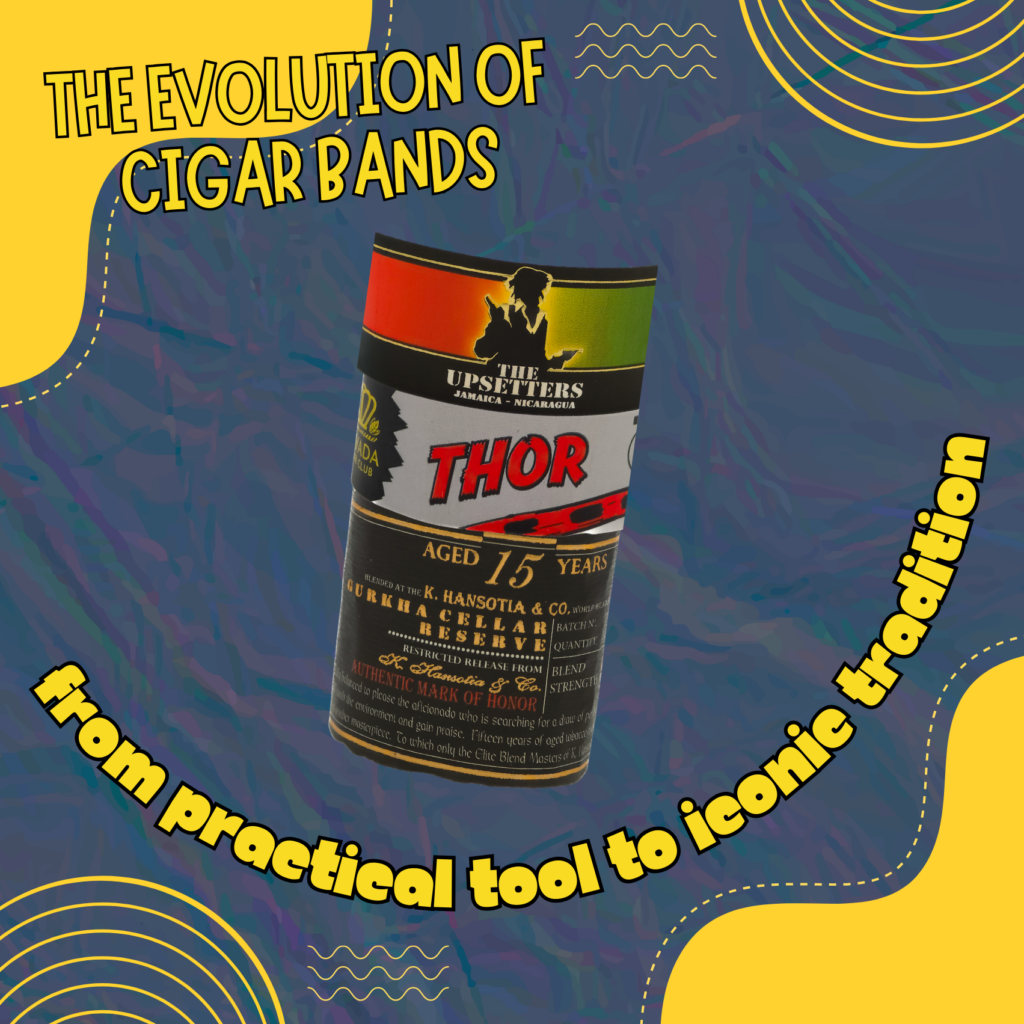
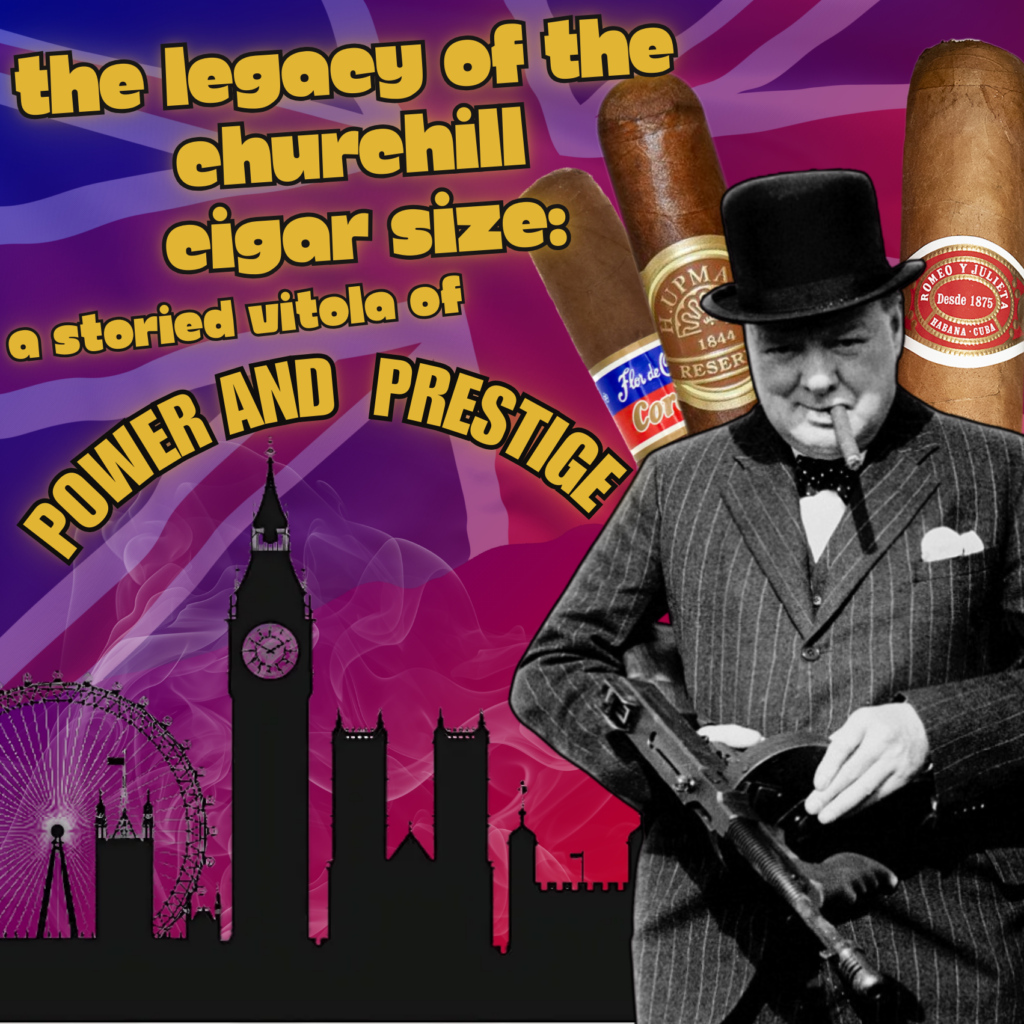

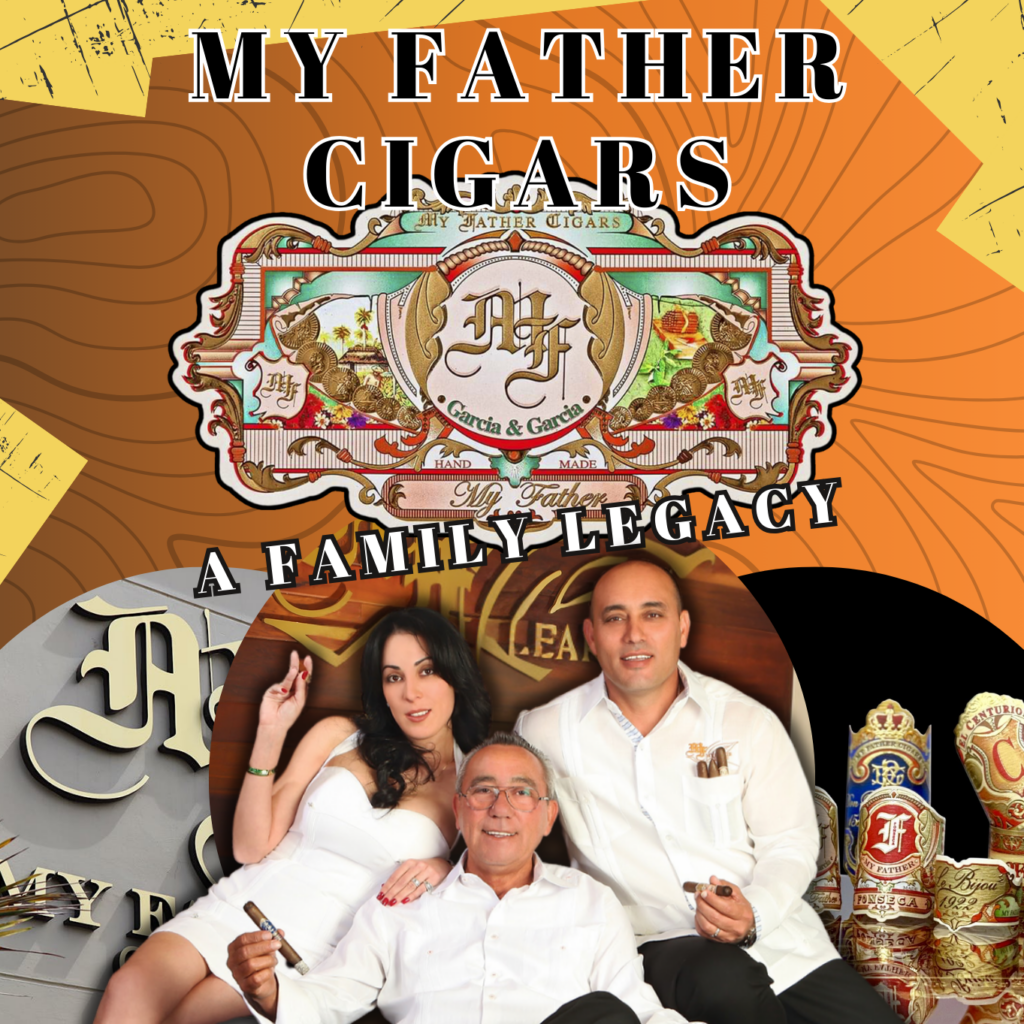

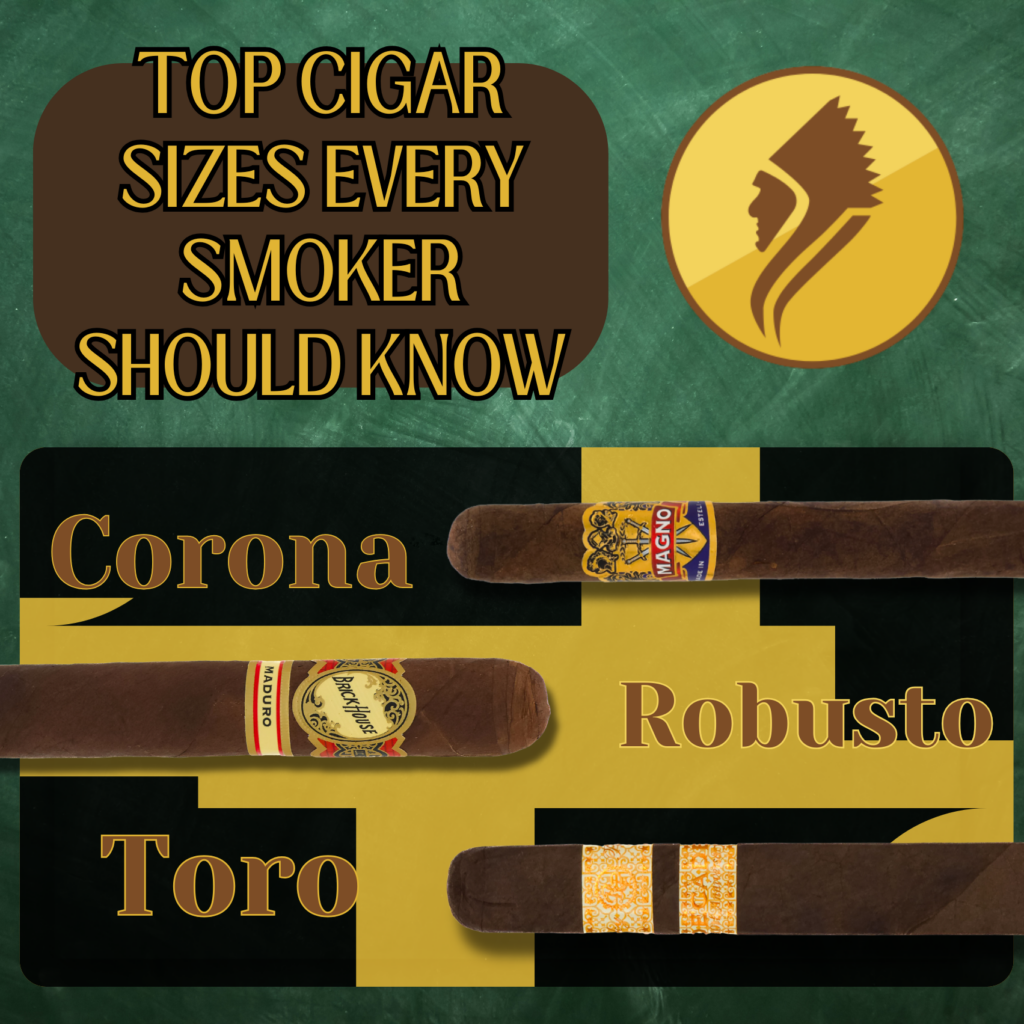
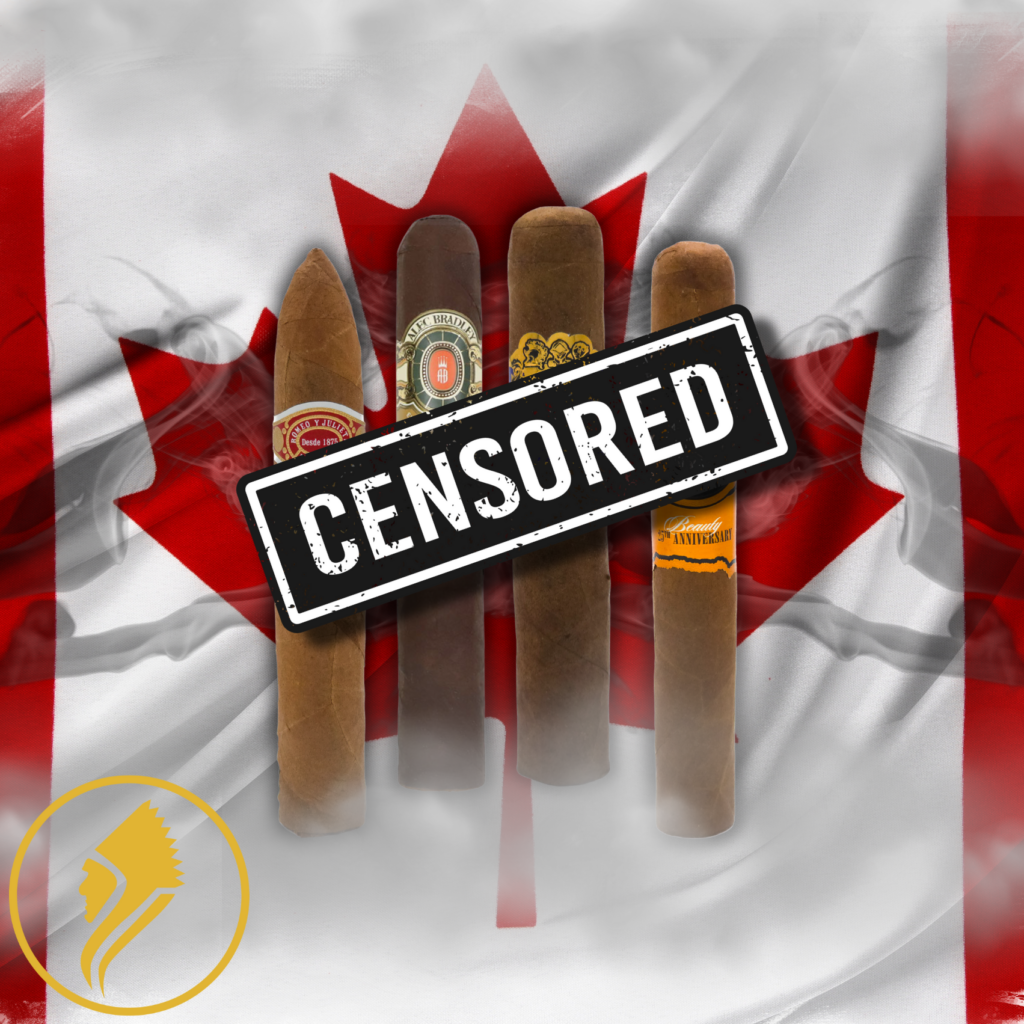

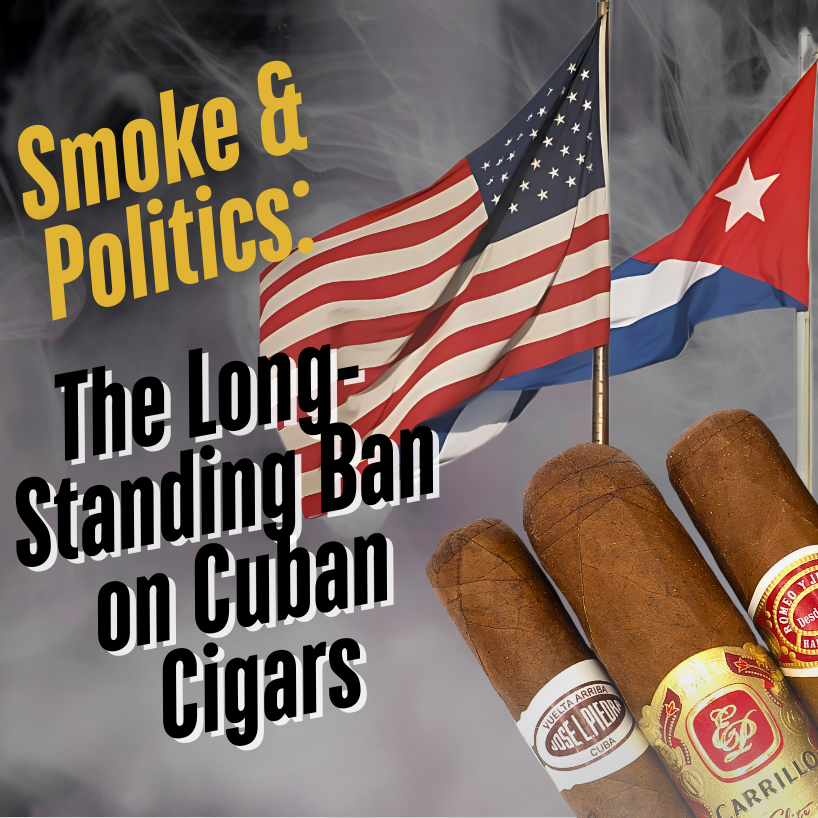
Finally a good decision!